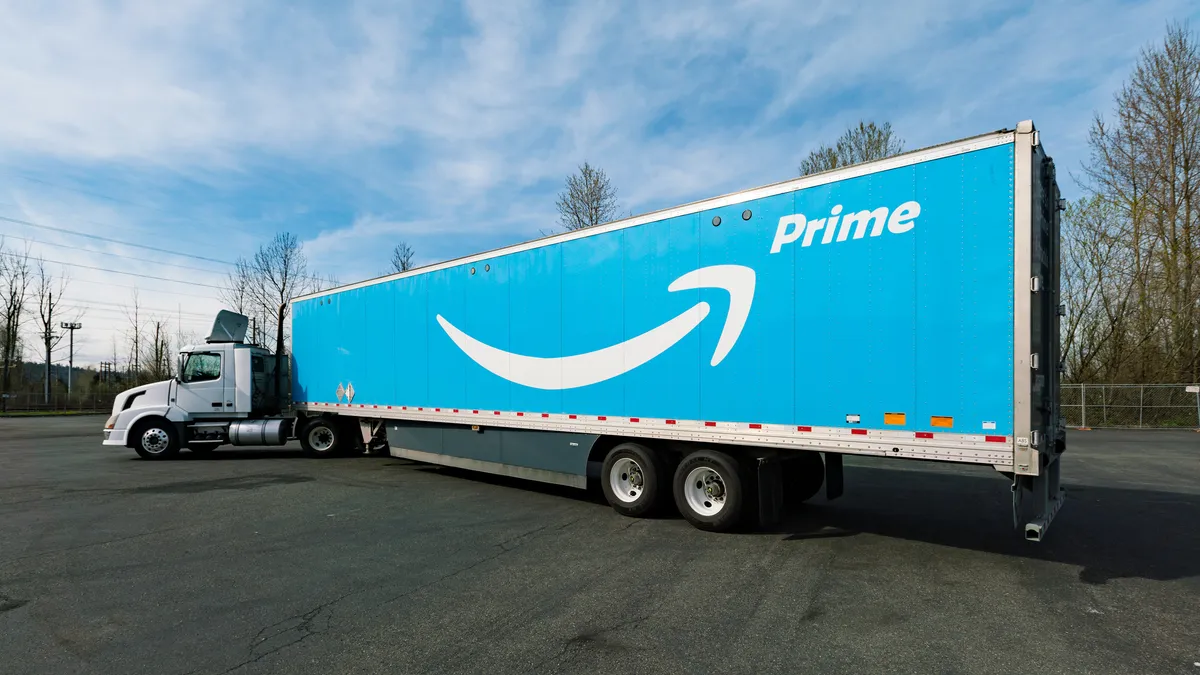Dive Brief:
- Inpax Final Mile Delivery, a last-mile provider contracting with Amazon on consumer deliveries in multiple states, will lay off at least 718 workers from various facilities beginning this month, after losing its contract with Amazon. Inpax declined to comment to Supply Chain Dive.
- The carrier will lay off 162 workers in Georgia, 128 workers in Ohio, 200 workers in North Carolina and 228 workers in Texas according to Worker Adjustment and Retraining Notices (WARN) filed with those state departments of labor. The notices state the layoffs affect employees working at Amazon facilities beginning as early as Oct. 2 and as late as Dec. 1. The job functions affected include managers, drivers and dispatchers.
- An Amazon spokesperson confirmed to Supply Chain Dive the retailer is ending its contract with Inpax nationwide after completing a routine review process where carriers are evaluated for safety and customer experience.
Dive Insight:
The final mile business is a tough one, but layoffs associated with losing a major customer don't speak to the challenging cost dynamics and high service requirements of this logistics specialty. Layoffs like these — the result of a customer loss — are extremely common.
And when the client changing providers is Amazon, the impact is often heightened. XPO Logistics lost its largest customer (generally believed to be Amazon) in 2018 and is still working on recovering that revenue.
As Amazon takes more of its own supply chain in-house, it's unlikely Inpax will be the last carrier to lay off workers at this scale after losing the e-commerce giant as a customer. In May, Amazon offered to give its employees $10,000 and three months' pay while they set up their own delivery operations. Plus the Amazon Flex program relies on the gig economy to recruit independent drivers to deliver packages.
The Amazon spokesperson could not confirm how volume previously handled by Inpax's contract would be covered in the future, stating that the company has a varied network of internal and external service providers in the affected areas, all of which could take over the business.















